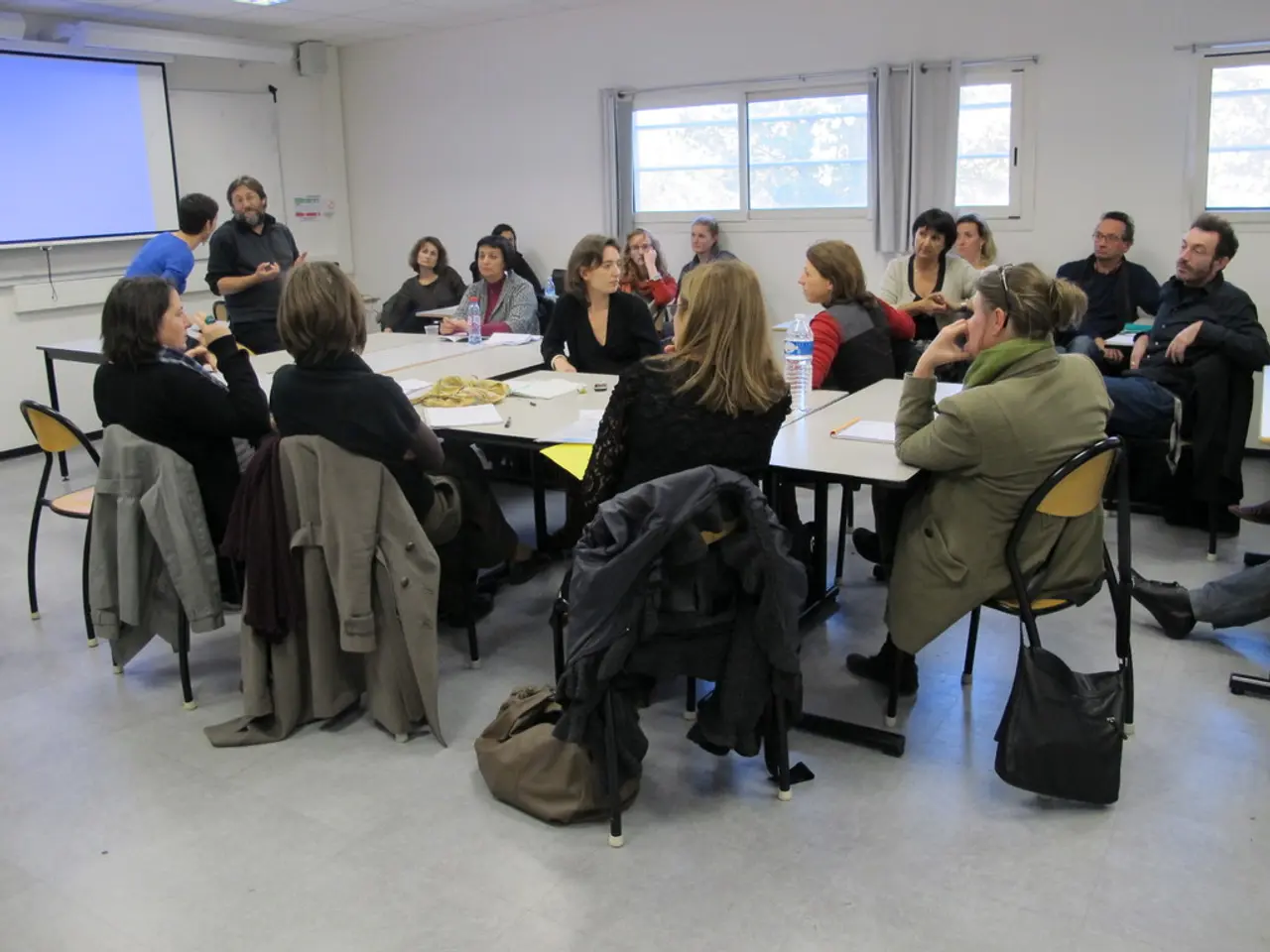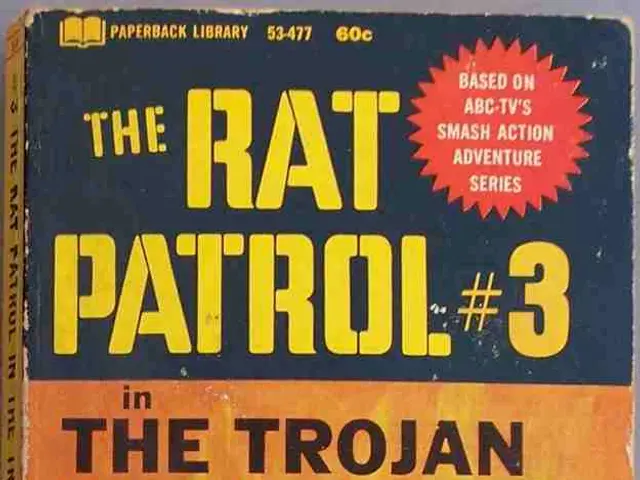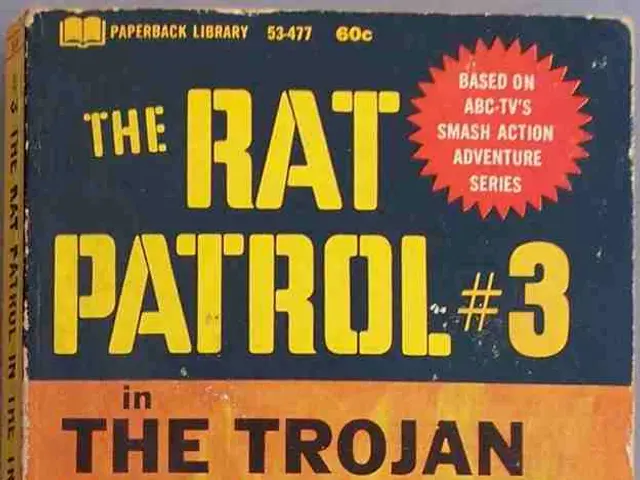Britain's Moral Divide: Shame vs. Guilt in Immigrant Communities
Britain, historically a guilt-based society, is grappling with the emergence of moral enclaves shaped by shame-based cultures, particularly among immigrant communities. This shift, influenced by social fragmentation and cultural segregation, has led to deep moral segregation and a struggle to define the nation's public square.
In shame-based cultures, moral authority flows outward, with elders guarding honour and reputation policed by gossip and rumour. This contrasts sharply with British society, which values inner liberty and individual conscience as the primary tool of social cohesion. The lack of cultural confidence in insisting on civic norms like secularism and gender equality has further exacerbated this divide.
Government policies have failed to create a melting pot, instead producing moral segregation in some communities. This segregation is fueled by the regulation of conduct through shame, which intensifies conformity but not conscience, potentially leading to psychological rupture and extremism. Integration, however, requires a moral negotiation and the adoption of shared civic virtue, which is challenging under communal surveillance.
Britain must decide whether its public square belongs to individuals or communities, and whether its national story is written in the language of conscience or the theatre of reputation. To foster integration, the government must address the emergence of moral enclaves shaped by shame-based cultures and work towards creating a shared civic virtue that respects individual liberty and collective responsibility.








